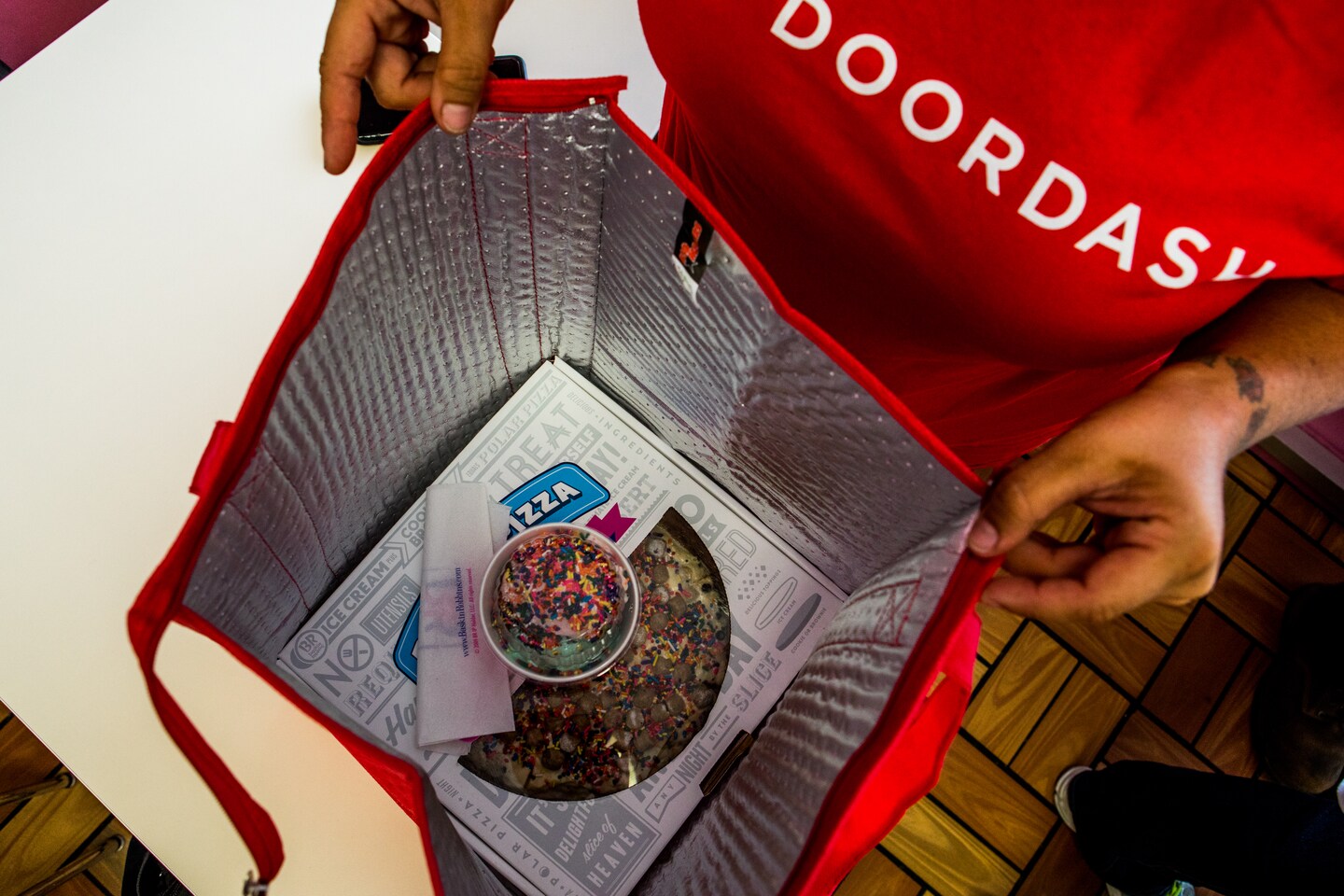In recent weeks, DoorDash has found itself at the center of a growing controversy involving its tipping policy. The debate was reignited after a New York City customer, returning to the service after several months, encountered unexpected complications when trying to tip for a delivered meal. According to a report by The Verge, the popular food delivery platform has implemented changes that complicate the tipping process, sparking frustration among its users.
Previously, DoorDash allowed customers to easily add a tip during the ordering process. However, the company has now removed this option in response to a New York City law that mandates a minimum wage for delivery workers. This shift has led to a cumbersome experience for customers who wish to reward their delivery drivers for good service.

Technical Glitches or Policy Shift?
The issue came to light when a customer, after receiving their meal, found no way to add a tip through the usual online channels. Attempts to resolve the issue through DoorDash support only led to more confusion and ineffective solutions. Another similar report highlighted inconsistencies between the DoorDash app, which still features an “add tip” button, and its website, where the tipping option seems to have disappeared. This lack of clarity and transparency could potentially deprive delivery workers of well-deserved tips, affecting their overall compensation. DoorDash has yet to clarify whether these are temporary technical issues or a deliberate policy change.
I know DoorDash is a fairly spendy convenience, so most people have no idea how low the driver base pay is.
I get $2 for most jobs. Tips make up the difference. I’m not a big fan of the American tipping system, but when you work it, it’s everything.
This guy understood the… pic.twitter.com/IYvISeu7iL
— Steve Skojec (@SteveSkojec) May 4, 2024
DoorDash’s Stance on Tipping and Worker Compensation
In light of the $17.96 minimum hourly wage now guaranteed to delivery workers in New York City, DoorDash has criticized the city’s policy as “ill-conceived” and “extreme.” Before this ordinance, delivery workers reportedly earned an average of $7.09 per hour. The company argues that despite the wage increase, tipping remains crucial for recognizing the hard work and extra effort of delivery personnel.
Jenn Rosenberg, a representative for DoorDash, emphasized that Dashers, as independent contractors, choose which orders to accept based on the perceived value, which often includes expected tips. “Dashers go the extra mile to serve customers, and we believe tipping is a vital way to show appreciation,” Rosenberg stated. She also noted that while most customers do tip, those who do not may experience longer wait times and potential delays in order processing.

Broader Implications and Consumer Sentiment
The controversy surrounding DoorDash’s tipping policy sheds light on the broader cultural debates over tipping in the United States. A recent survey by Blueprint and OnePoll revealed that nearly half of Americans feel overwhelmed by the increasing expectation to tip in various service scenarios. Despite this, tipping remains a critical component of the income for many service workers, who may receive as little as $2.13 per hour before tips, depending on state and employer policies. Experts in the gig economy, like Kaylania Chapman, advocate for clear and honest tipping practices.
“Tipping isn’t just a bonus; it’s a significant part of the compensation for gig workers,” says Chapman, who recommends a baseline tip of $5, adjusting higher for larger orders or longer distances. Shannon Torrence, another gig worker, points out the various expenses that delivery drivers incur, such as fuel, vehicle maintenance, and navigating challenging delivery locations, which all underline the importance of tipping.

Conclusion: The Need for Clarity and Fair Compensation
As DoorDash navigates the fallout from its new tipping policy, the need for transparency and fairness remains clear. Customers and drivers alike seek simplicity and honesty in transactions, which is crucial for maintaining trust and satisfaction in the gig economy. DoorDash faces a critical moment to address these concerns and ensure that its policies align with the needs and expectations of both its workers and its customers.


